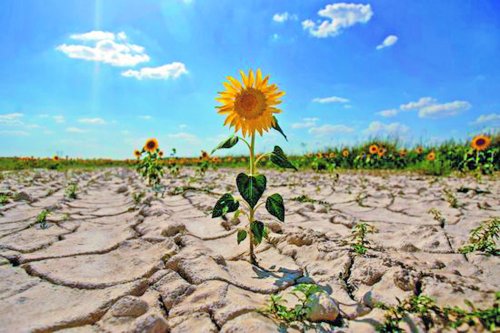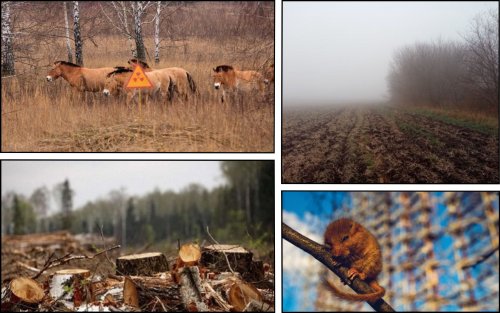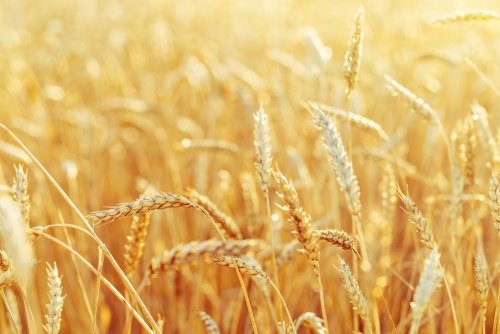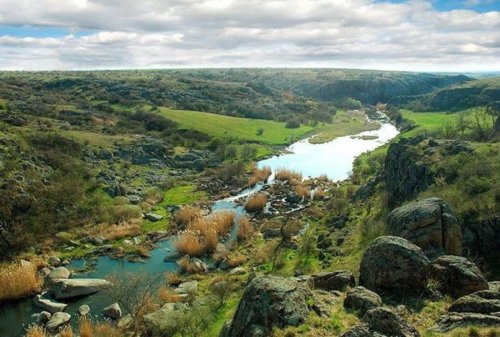European farmers have criticized organic farming under the Green Agreement for its low efficiency, as the world is on the brink of global food shortages.
He told about it member of the Global Farmers' Network Marcus Holtkoetter from Germany, reports Ageb
He noted that food prices are currently rising faster than overall inflation. The European Green Agreement, which provides for a significant reduction in the use of fertilizers and plant protection products, insisted that 25% of all European agricultural land become organic.
Holtkoetter noted that this was a dubious strategy in a period of abundant prosperity, and now the situation has worsened.
Thus, Russia and Ukraine accounted for more than a quarter of world wheat production, and India, the world's second-largest wheat producer, has banned exports.
"Organic farming is inefficient, requires land and is very expensive, and it would leave billions hungry if it were introduced worldwide," said Bjorn Lomborg, who produces 29-44% less food than conventional forms of agriculture.
The material cites the example of Sri Lanka, where in 2021, by order of the President, farmers switched to organic production, which, together with the effects of the COVID-19 pandemic, led to a shortage of basic food, medicine and fuel.
"It is time to act. European grain farmers like me are deciding to sow in the autumn of 2022 in preparation for the 2023 harvest, ”said Holtcoetter.
He also added that the industry needs available fertilizers and fuel.
"We need access to innovative technological products that protect crops from weeds, pests, diseases and extreme weather conditions. We need a policy that covers everything from precision applications to modern seed and plant protection technologies, ”he said.
Holtkoetter explained that Europe can achieve many of its climate goals using the experience of agricultural technology rather than ideology.
“On my farm, for example, we have been using cover crops for over 25 years. This helps to remove carbon from the atmosphere and place it in the ground. We also practice minimal tillage, which limits erosion, improves biodiversity and reduces the number of greenhouses, ”he said.
Holtcoetter added that it is possible to produce the food the world needs and achieve the goals of the EU's Green Agreement strategy without compromising food security.
We will remind, Antonio Guterres said that one-fifth of humanity is threatened by famine because of the war in Ukraine.
As EcoPoliticа reported earlier, almost 40% of the land area on Earth have been degraded due to human activity.





